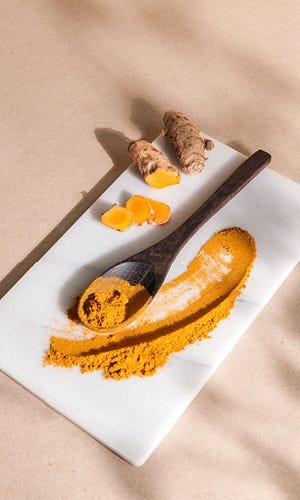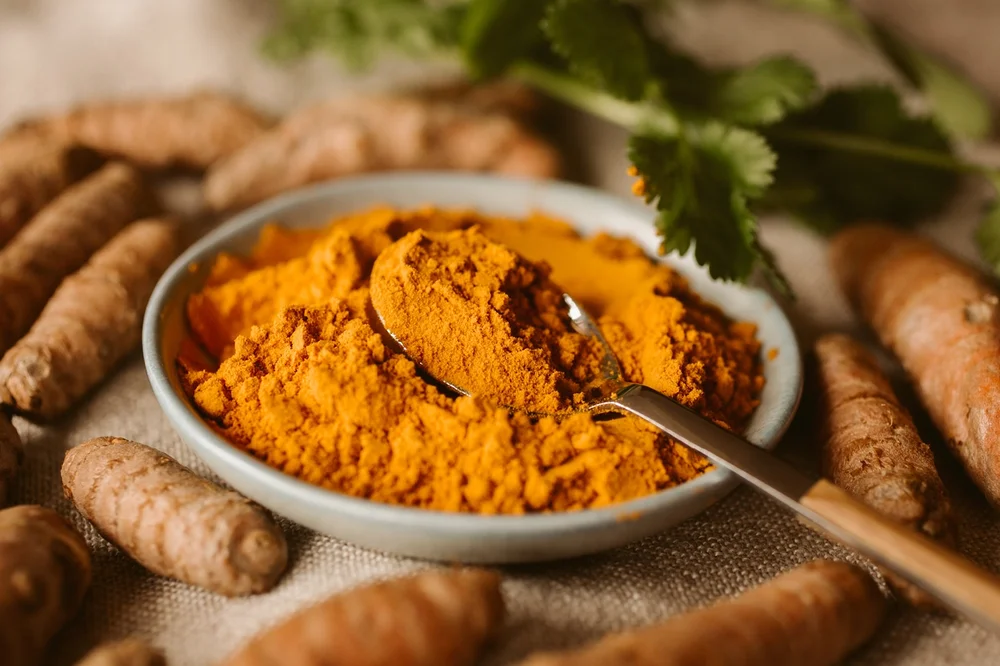Here Are Some of the Best Reasons You Should Take Turmeric for Memory
Deep golden-orange in color, and rich in flavor and nutrients, turmeric comes from the root of the Curcuma longa plant, a member of the ginger family.
Its popularity has exploded in recent years. Now enjoyed by many in curries, atop roasted veggies, and in healthful warm beverages – turmeric love is about more than just flavor.
Turmeric (and its principal active chemical compound curcumin) offers a treasure trove of health benefits, making it an in-demand nutritional supplement.
Research has found that turmeric offers powerful antioxidant and anti-inflammatory effects, making it helpful in addressing many health challenges.
Regular consumption of a highly absorbable, quality supplement may aid heart health issues, unstable blood sugar, cholesterol problems, stiff joints, and occasional feelings of anxiousness.
It also may help to quell exercise-related inflammation and muscle soreness, which can speed up recovery time and boost athletic performance.
Lesser-known, though, are the ways in which turmeric has been shown to support brain health. Indeed, turmeric is a valued natural nootropic. Nootropics are substances that may help improve thinking, learning, and memory – especially in cases where these functions are compromised.
Here’s how turmeric supports memory, neuroplasticity, and more.
Here’s the Latest Research on Turmeric and Curcumin
Turmeric isn’t new. It’s long been valued in Ayurvedic and other forms of traditional medicine in China and India.
Scientific research is just now catching up with what traditional medicine has known for centuries. Here are some highlights in how turmeric can support brain function.
Turmeric and Memory

In 2018, a study conducted by UCLA researchers showed that participants with mild memory problems who received a curcumin supplement twice a day for 18 months experienced significant improvements in their memory and attention abilities, while those who took a placebo didn’t.
Additionally, the study conducted PET scans before and after to determine participants’ levels of amyloid-beta and tau, which form the plaques and tangles that progressively obstruct brain function in neurodegenerative brain health issues.
At the end of the study, the scans of those who took curcumin showed significantly less amyloid and tau proteins in the brain region that controls memory function.
The results suggested that taking curcumin could provide meaningful cognitive benefits over time. The researchers weren’t exactly clear how curcumin helps memory, but they suggested it may be due to its brain inflammation-reducing effects.
Turmeric and Increased Blood Flow
Interestingly, just last year a study was conducted on elderly men and women receiving a turmeric root extract supplement. The study revealed improved blood flow to the brain in participants and indicated “the potential for curcumin as an intervention for improving cerebral oxygenation and blood volume changes in older males and females.”
Of course, improved cerebral blood flow is excellent for brain function. It’s known to boost multiple markers of cognition, including memory.
Turmeric and Neuroplasticity
Remarkably, our brain’s neurons have the capacity to form new connections, allowing it to rewire itself. In certain parts of the brain, neurons can multiply and increase in number. It’s called neuroplasticity.
A protein called brain-derived neurotrophic factor (BDNF) is the main driver behind the formation of these new neurons and the strengthening of existing neuronal connections. Animal studies have found that curcumin may increase brain levels of BDNF, which may boost neuroplasticity.
In a study published last year, Mexican researchers studied aged mice that were given curcumin. They found that the curcumin induced neuroplasticity in the prefrontal cortex and hippocampus of the aged mice – areas of the brain involved in memory and learning. Not surprisingly, the research showed curcumin improved learning and memory while reducing oxidative stress and inflammation in the aged mice.
There are currently more human studies underway involving turmeric. The evidence so far showing turmeric’s antioxidant and anti-inflammatory effects, stimulation of blood flow to the brain, and support of BDNF all bode well for those seeking to protect their memory and enhance their brain function.
Supplementation
Unfortunately, turmeric and curcumin, in supplement form, can be hard to absorb at meaningful levels.
However, if combined with the additional ingredients, absorption can be improved. For example, a substance in black pepper called piperine, when combined with curcumin, has been shown to increase bioavailability by 2000%!
Be sure to choose high quality supplements formulated for maximum absorption.
At BrainMD, we’re dedicated to providing the highest purity nutrients to improve your physical health and overall well-being. For more information about our full list of brain healthy supplements, please visit us at BrainMD.
- Here Are Some of the Best Tension Release Exercises to Help You Feel Your Best! - April 17, 2024
- Foodscaping: How to Grow Healthy Foods In Your Own Garden! - April 12, 2024
- Eat Your Fruits and Veggies (Don’t Drink Them) - March 29, 2024



